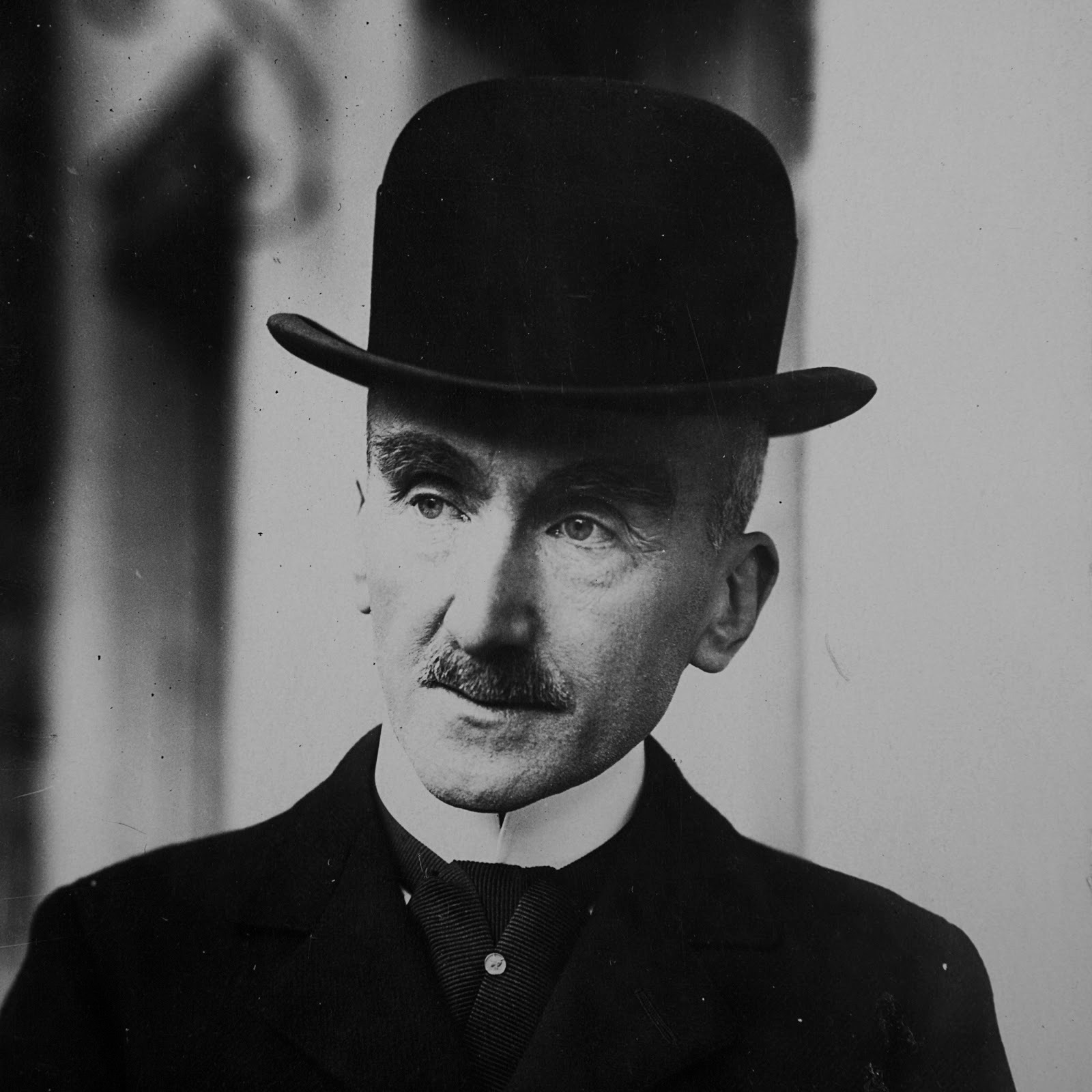Once it became clear that I would be staying indefinitely in the UK, I had long planned to apply for UK citizenship. I am a strong believer in democracy, and I thought it would be the good and responsible thing to vote and otherwise take part in politics.

Then came Brexit, and this, naturally, led me to think about Henri Bergson. Born to a Jewish family, Bergson moved gradually toward Christianity in his personal life, he considered himself a Christian from the early 1920s. By the 1930s he was making plans to convert formally to Catholicism, but held off because of solidarity with the increasingly threatened Jewish community. A few weeks before his death, Bergson left his sickbed — having rejected an offered exemption from the anti-Semitic laws of Vichy — to stand in line to register as a Jew.
He wrote in his will:
My reflections have led me closer and closer to Catholicism, in which I see the complete fulfillment of Judaism. I would have become a convert, had I not foreseen for years a formidable wave of anti-Semitism about to break upon the world. I wanted to remain among those who tomorrow were to be persecuted.
For a while, then, I deferred applying for citizenship, out of solidarity with my fellow migrants. And then I went and did it anyway. The stakes are obviously much lower than they were for Bergson. And while I regret having to renounce the migrant identity, which suits me well, I also see that this isn’t an entirely noble inclination, as it also excuses me from taking a citizen’s responsibility for the nation’s xenophobic turn. It’s easy to blame those dastardly “British”. The permission to acquire citizenship reflects the growing responsibility for the society that one acquires merely by living here.
I also can’t resist noting that Bergson’s first publication was the solution of Pascal’s problem in Annales des Mathématiques, for which he won the first prize in mathematics in the Concours Général. On learning that he was preparing for the École normale supérieure entrance examination in the letters and humanities section, his mathematics teacher reportedly exclaimed
You could have been a mathematician; you will be a mere philosopher.
